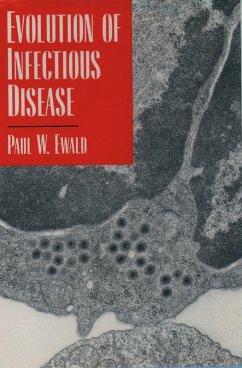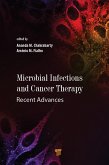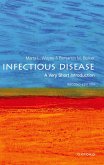Findings from the field of evolutionary biology are yielding dramatic insights for health scientists, especially those involved in the fight against infectious diseases. This book is the first in-depth presentation of these insights. In detailing why the pathogens that cause malaria, smallpox, tuberculosis, and AIDS have their special kinds of deadliness, the book shows how efforts to control virtually all diseases would benefit from a more thorough application of evolutionary principles. When viewed from a Darwinian perspective, a pathogen is not simply a disease-causing agent, it is a self-replicating organism driven by evolutionary pressures to pass on as many copies of itself as possible. In this context, so-called "cultural vectors"--those aspects of human behavior and the human environment that allow spread of disease from immobilized people--become more important than ever. Interventions to control diseases don't simply hinder their spread but can cause pathogens and the diseases they engender to evolve into more benign forms. In fact, the union of health science with evolutionary biology offers an entirely new dimension to policy making, as the possibility of determining the future course of many diseases becomes a reality. By presenting the first detailed explanation of an evolutionary perspective on infectious disease, the author has achieved a genuine milestone in the synthesis of health science, epidemiology, and evolutionary biology. Written in a clear, accessible style, it is intended for a wide readership among professionals in these fields and general readers interested in science and health.
Dieser Download kann aus rechtlichen Gründen nur mit Rechnungsadresse in A, B, BG, CY, CZ, D, DK, EW, E, FIN, F, GR, HR, H, IRL, I, LT, L, LR, M, NL, PL, P, R, S, SLO, SK ausgeliefert werden.









